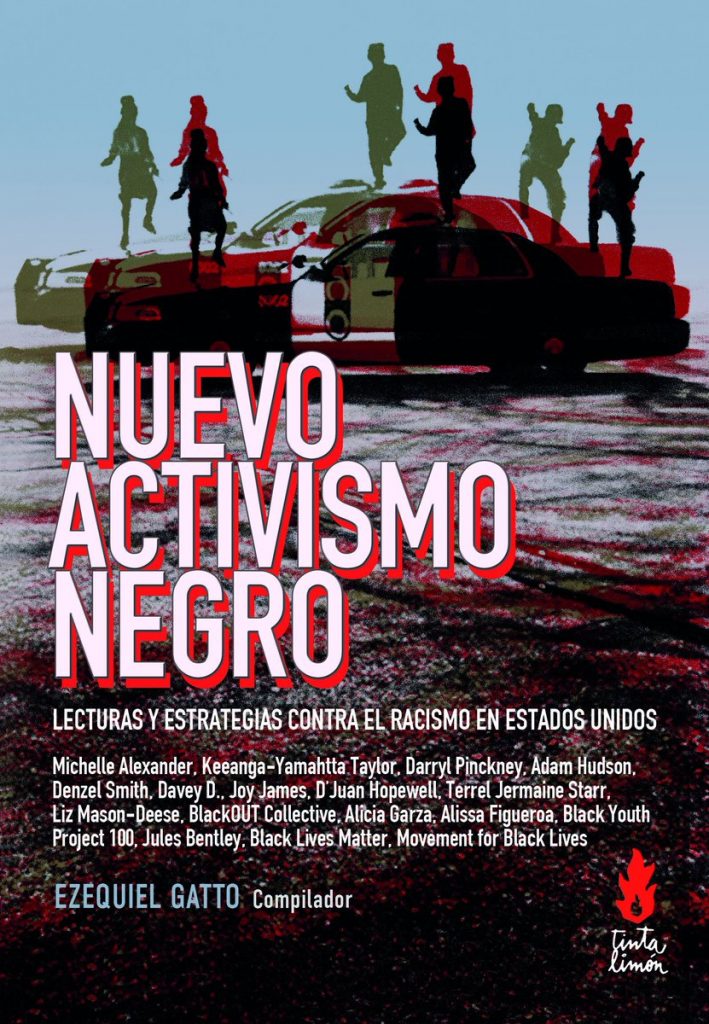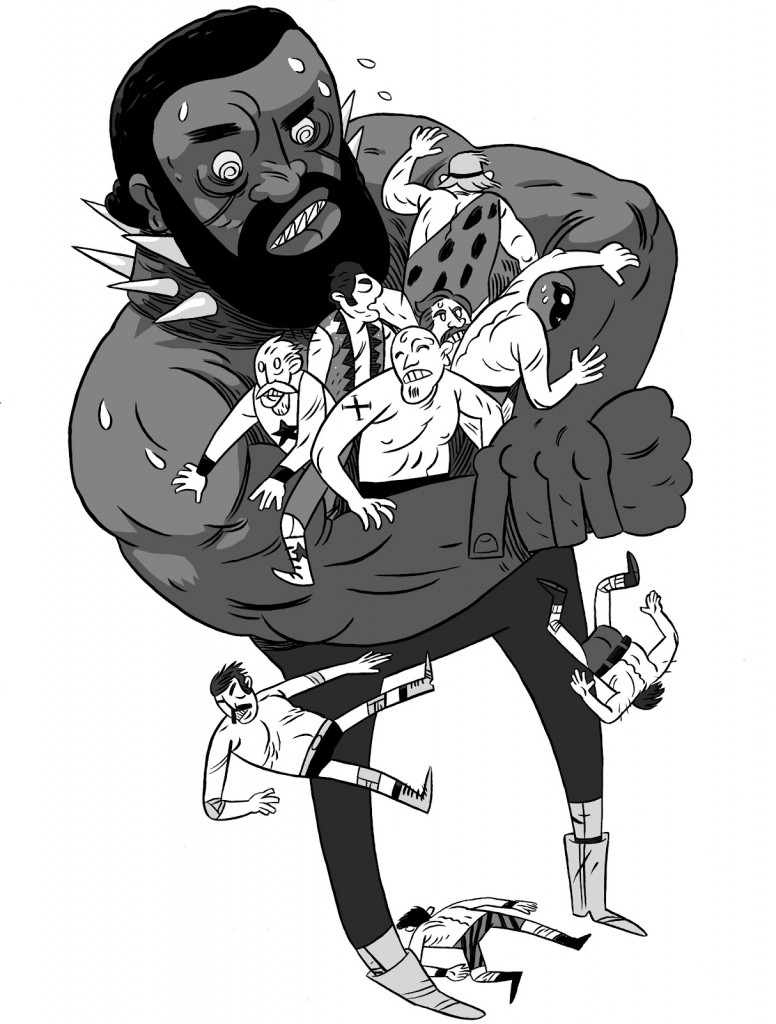 Now and again enterprising individuals find ways to make my humble scribblings or some other facet of me useful to their own projects.
Now and again enterprising individuals find ways to make my humble scribblings or some other facet of me useful to their own projects.
I try not to become the story. I think most forms of visibility are in fact a trap set up to kill you and/or make you insane even if that’s not the intent of those involved. I am however a pleaser.
It seems some interviews & even podcasts I’ve been on have fallen off the web. STGM.
- Local nonprofit newsroom The Lens had me on their Behind the Lens podcast in 2020 for my opinions regarding a terrible disaster about which i’d written an essay and a viral tweet.
- A local arts & culture website, NolaVie, profiled me a while back: Artists in their own words: Jules Bentley
- Sportstown Chicago had me on to discuss my coverage of WrestleMania XXX. Ringside with Jules
I won’t clutter this page with every occasion local news got a quote from me or mentioned my doings, but being accorded a boldfaced name in a Times-Picayune society column, even if it was done as a bit of a prank, is an honor no-one can ever take away.
Contributions to books / citations of my work
 I contributed an original essay explaining why visitors to New Orleans should eschew AirBnB to the fourth edition of my friend Michael Patrick Welch’s New Orleans: The Underground Guide (LSU Press, 2018)
I contributed an original essay explaining why visitors to New Orleans should eschew AirBnB to the fourth edition of my friend Michael Patrick Welch’s New Orleans: The Underground Guide (LSU Press, 2018)
I do try in my earnest little way to elevate other voices, so it’s gratifying that my most cited and republished work is my interview with Black New Orleans women involved in the Movement for Black Lives.
That interview has been translated into multiple languages, including Spanish, and republished in Nuevo Activismo Negro: Lectura y estrategias contra el racismo en Estados Unidos (Tinta Limon, 2016), a collection edited by Ezequiel Gatto from a Chilean press.
It’s been quoted various places, including by the reliably controversial Adolph Reed Jr. in his hair-raising article “Antiracism: a Neoliberal Alternative to a Left” in the scholarly journal Dialectical Anthropology Volume 42, issue 2 (2018).
My tryhard recipe of big words and dated slang has garnered the attention of a couple of reference resources over the years. Merriam-Webster’s “Word of the Day” entry for sempiternal as well as their provisional entry for normie cite my newspaper writing.
Sometimes one is cited respectfully or quoted in an affirming way. Sometimes one’s work– for example, interviews that ivory-tower academics and jet-setting journalists could never get– is thoroughly ripped off, with or without a tokenizing acknowledgement. Life goes on. Cases where I’ve been ripped off are not included in the following roughly chronological “greatest-hits” survey.
- In July 2021, the New York Times cited my reportage of a wildcat strike in some yuppie-nightmare New Orleans bistro.
- “A Disaster In New Orleans” in the Dec. 2, 2019 print edition of the New York Times (available online as A Whistle-Blower, a Collapsed Hotel, a Deportation), drew from and linked to my dissection of the Hard Rock Hotel collapse.
- My discussion of & interview with the biographer of local wrestler Junkyard Dog was quoted in Bryan Wagner’s contribution to the book Remaking New Orleans: Beyond Exceptionalism and Authenticity. (Duke University Press, 2019)
- My early-warning analysis of AirBnB’s effects on New Orleans has been cited in a few places, notably Scott S. Ellis’ book The Faubourg Marigny of New Orleans: A History (LSU Press, 2018) and the scholarly essay “Gentrifying New Orleans: Thoughts on Race and the Movement of Capital” by Cedric Johnson in Souls, A Critical Journal of Black Politics, Culture, and Society Volume 17 (2015)
- My obituary for a legendarily bad restaurant was discussed in “Lean Times in Boom Towns: #FoodGentrification at the Mouth of the Mississippi” in The Southern Quarterly Volume 54 Number 2 (2017)
- My interview with bounce music godfather Ricky B was quoted in If Those Bricks Could Talk (University of New Orleans Press, 2016), a collaborative book by Rachel Breunlin documenting the Lafitte Public Housing Projects.
- The book Queer Feminist Punk: An Anti-Social History (Zaglossus, 2015) by Maria Katharina Wiedlack cites my Slingshot cover story about punks dying horribly in St. Roch.
- The Murder of the Times-Picayune, a 6-part blog series I wrote on the destruction of our city’s daily newspaper, was quoted in Rebecca Theim’s history of the subject, Hell and High Water: The Battle to Save the Daily New Orleans Times-Picayune (Pelican, 2013)

